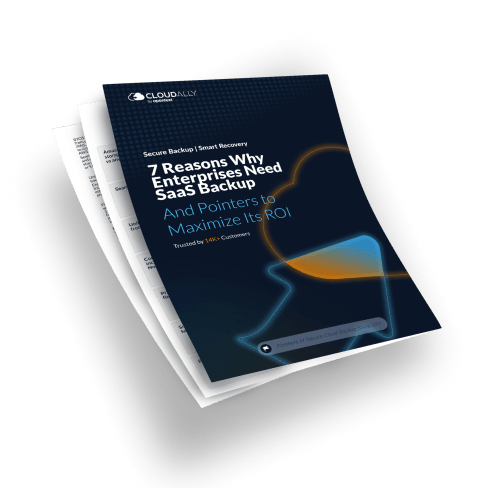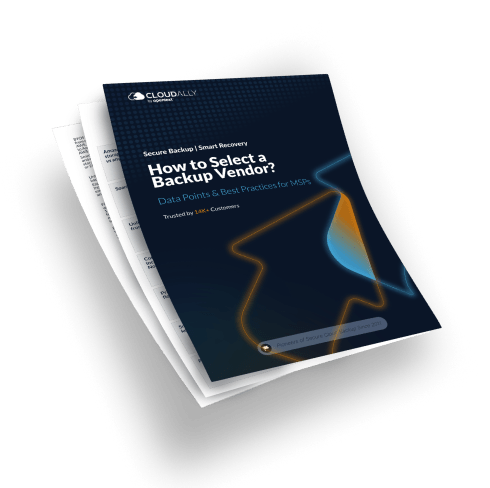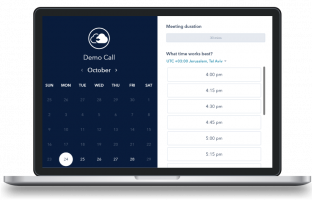In the dynamic environment of cloud computing, job scheduling emerges as a pivotal mechanism that ensures data backups are executed efficiently and dependably. With the increasing shift of organizational data to cloud environments, mastering effective job scheduling techniques is crucial. This discussion will delve into the core aspects of job scheduling in cloud backup, highlighting its advantages and offering best practices to enhance backup operations.
What is Job Scheduling in Cloud Backup?
Job scheduling in cloud backup involves the automation of backup tasks at pre-set intervals. This process guarantees consistent data backup without the need for manual oversight, positioning it as a fundamental element of sound data protection strategies. Effective job scheduling manages the timing and frequency of backup jobs, taking into account data volatility, network bandwidth, and organizational guidelines.
Benefits of Job Scheduling in Cloud Backup
Enhanced Data Protection: Regular backups minimize potential data loss from system failures or cyber threats.
Optimal Resource Utilization: By scheduling backups during low-activity periods, the strain on network and system resources is lessened, ensuring smooth ongoing operations.
Efficiency and Time-Saving: Automation removes the need for manual backup setups, significantly reducing time and minimizing human errors.
Scalability: Job scheduling can adapt to increased data volumes effortlessly, offering a scalable solution as organizational needs grow.
Regulatory Compliance: Automated backups can help fulfill stringent industry regulations mandating regular data backups.
Best Practices for Job Scheduling in Cloud Backup
Implementing job scheduling effectively requires adhering to several best practices:
Evaluate Backup Requirements: Understand the critical nature and frequency of data changes to determine appropriate backup intervals.
Time Backups Strategically: Plan backups for periods of minimal activity to avoid disrupting network performance and accessibility.
Data Prioritization: Classify data based on its importance to tailor backup frequency and protection level.
Continuous Monitoring and Adjustment: Regularly assess backup logs and performance to refine schedules and enhance resource allocation.
Redundant Backup Plans: Ensure backups are replicated across multiple data centers to protect against single points of failure.
Conclusion
Job scheduling is indispensable for organizations aiming to secure their data comprehensively in the cloud. Automating backup processes and adhering to established best practices ensures robust data integrity and availability while optimizing resource usage. For enhanced data protection strategies, CloudAlly provides top-tier cloud backup solutions with both automated as well as on-demand backup job scheduling to efficiently manage and safeguard critical data.










